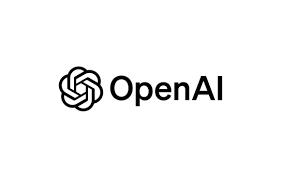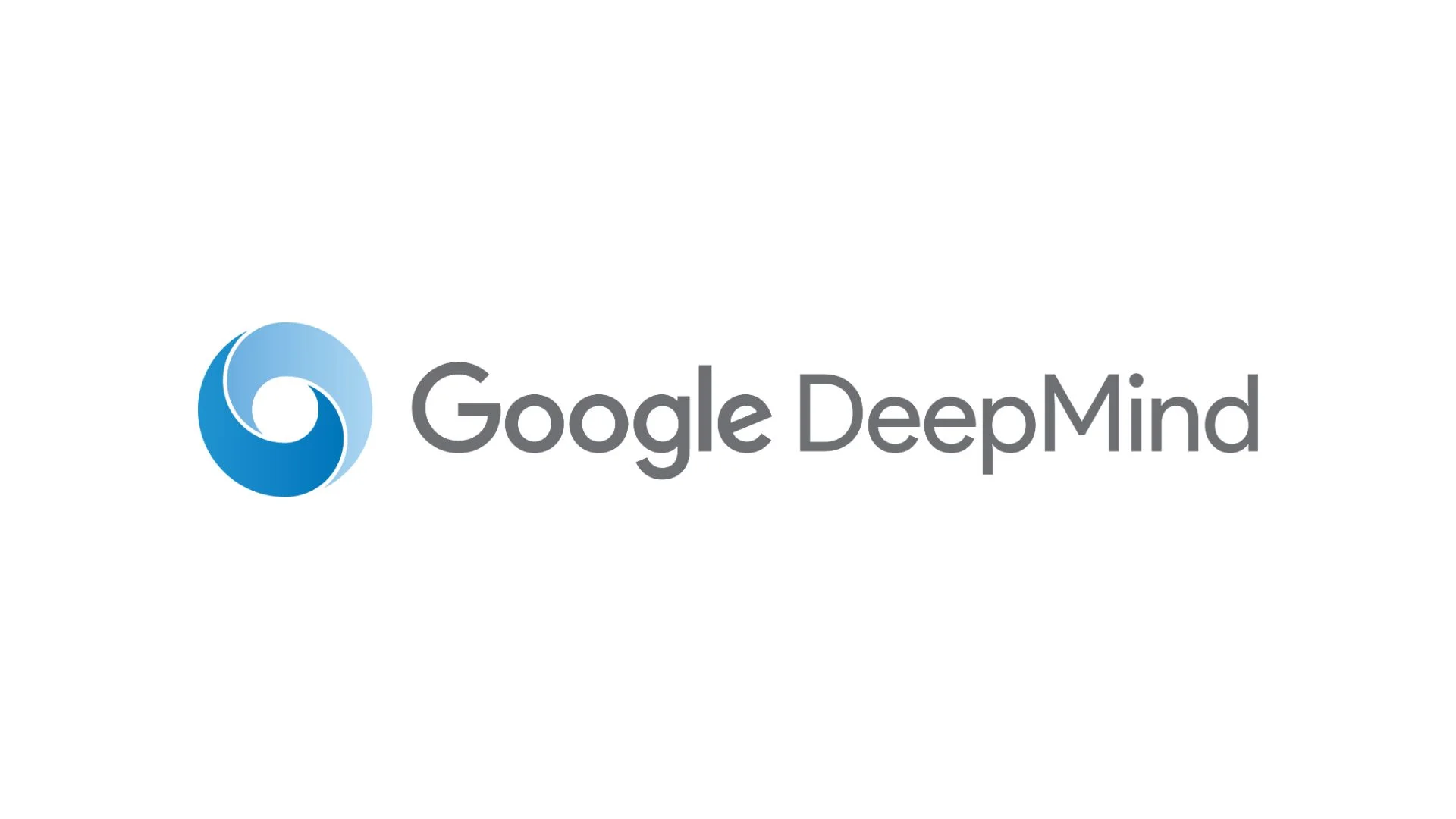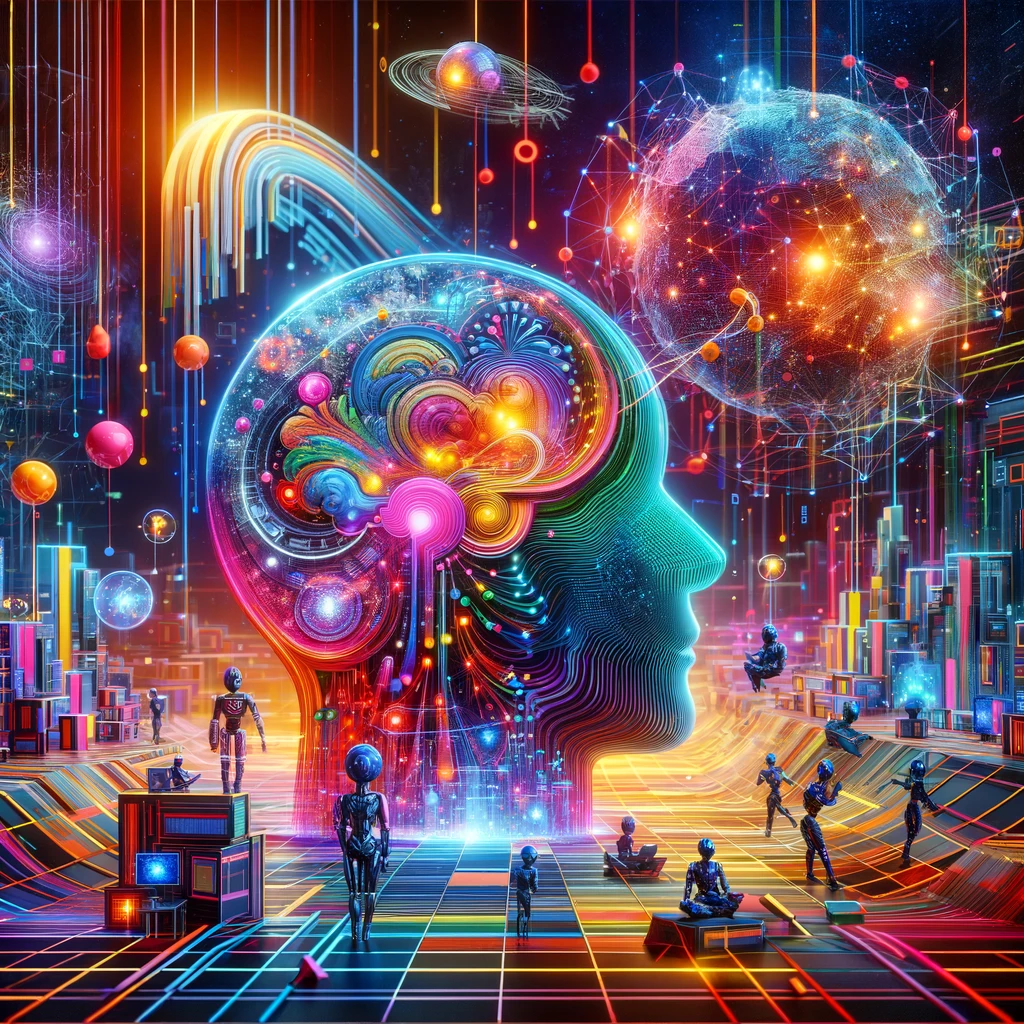OpenAI, founded in December 2015 in the U.S., is a leading artificial intelligence research and deployment company. Its core mission is to develop artificial general intelligence (AGI) that is safe, beneficial, and surpasses human capabilities in economically valuable work.

As a prominent figure in the AI Spring, OpenAI has produced advanced AI models like ChatGPT and various image generation models, contributing significantly to the field. You can also take a look at our article What can be Done with Chatgpt? where we explain ChatGPT in detail. Initially a non-profit due to concerns over AI misuse, OpenAI has evolved with substantial funding to focus on creating AI technologies, including generative AI that can produce diverse outputs like text and images from natural language prompts. OpenAI’s overarching goal is to guide AI development for the betterment of humanity, offering multiple services with ChatGPT being one of its notable achievements.
What is the difference between AI and OpenAI?
Artificial Intelligence (AI) varies notably between OpenAI and tech giants like Google and Facebook. OpenAI distinguishes itself with advanced generative models like GPT-3, prioritizing research, innovation, and ethical AI deployment. Its AI, accessible via APIs, is known for tasks like content creation and language translation. Conversely, Google’s AI spans diverse domains, from search engines to healthcare, with proprietary models like BERT, and encourages open-source development with tools like TensorFlow.
Facebook’s AI focuses on social media and content curation, using AI for personalized recommendations and content moderation, and invests in AR/VR technologies. Both Google and Facebook also contribute significantly to open-source AI development. The key differences lie in OpenAI’s emphasis on generative models and ethical guidelines, Google’s broad application spectrum and open-source support, and Facebook’s focus on social media and immersive experiences.
Who controls OpenAI?
OpenAI, established in 2015, operates independently under the governance of its non-profit board, despite substantial investments from entities like Microsoft. The board, consisting of figures such as co-founders Greg Brockman and Ilya Sutskever, and others from diverse professional backgrounds, holds ultimate control. OpenAI’s structure evolved from a non-profit to a capped-profit entity to facilitate funding, yet its board remained the primary decision-making authority, prioritizing humanity’s benefit over investor interests. This unique governance model, focused on ethical AI development, distinguishes OpenAI from typical profit-driven tech companies, maintaining control over its research and deployment direction regardless of investor influence.
Is OpenAI Free to Use?
OpenAI does not offer a free account for its API; using the service incurs costs based on data usage. Users can initially access a free trial credit, but this expires three months after creating an OpenAI account, after which they must purchase credit for further usage. While the basic version of ChatGPT is free to use, with no daily usage limit, it does have word and character limits for responses. However, providing technology and server support for both training and using models, including ChatGPT, involves costs for OpenAI, making it not entirely free from an operational perspective.
Who is the rival of OpenAI?
OpenAI’s closest competitor is Google DeepMind, an AI research lab renowned for its general-purpose learning algorithms and achievements like AlphaGo and AlphaFold. DeepMind differs from OpenAI in its focus, emphasizing research over consumer products and integrating its models into Google’s services. Other significant competitors include Anthropic, founded by former OpenAI employees, and Cohere, which targets enterprise users with its language models.

Stability AI, known for Stable Diffusion, and EleutherAI, a non-profit AI lab, continue the open-source approach in AI development. Additionally, Hugging Face, a platform hosting AI models and datasets, emerges as a key player, supporting the development of new AI competitors. These organizations, alongside big tech firms like Microsoft and Google, contribute to a rapidly evolving AI landscape, each offering unique products and approaches in the generative AI field.
How can I make money using OpenAI?
OpenAI and its ChatGPT model offer numerous opportunities to generate income creatively and efficiently. Freelancers can utilize OpenAI’s language models to produce high-quality, engaging content, such as blog posts, social media content, and creative writing like short stories or screenplays. This technology also aids in copywriting, enhancing marketing efforts with compelling ad copy and product descriptions. Additionally, OpenAI enables efficient translation services and chatbot creation, catering to businesses seeking improved customer interaction.
Virtual assistance, leveraging language models for administrative tasks, and resume writing services also present lucrative avenues. Furthermore, individuals can capitalize on ChatGPT’s potential by developing apps, websites, or services without extensive coding knowledge. ChatGPT’s ability to generate business ideas, develop AI chatbots, and assist in email affiliate marketing campaigns offers additional income streams. Finally, authoring and self-publishing AI-written e-books has emerged as a profitable venture, further demonstrating the diverse and innovative ways to monetize OpenAI’s technology.
What is the difference between chatbot and OpenAI?
ChatGPT and OpenAI Playground, both developed by OpenAI, serve different purposes and cater to varied user needs. ChatGPT, a language model based on the transformer architecture, specializes in generating human-like text responses. It’s widely used for creating chatbots and conversational AI, capable of handling a diverse range of topics due to its extensive training on various text datasets. Conversely, OpenAI Playground is a web-based platform designed for experimenting with a variety of machine learning models. It’s more suited for users interested in building, training, and testing AI models, including neural networks and decision trees, in a user-friendly environment.

While ChatGPT is focused on conversational AI and generating text responses, OpenAI Playground serves as a broader tool for experimenting with machine learning tasks like classification and regression. ChatGPT is a complex model requiring substantial computational resources, whereas OpenAI Playground is accessible to both beginners and experts in AI, offering a simpler interface and pre-built models for experimentation. ChatGPT excels in generating quality responses but can sometimes produce repetitive or nonsensical replies. OpenAI Playground, while versatile, has limitations in supporting large datasets and requires users to develop models for specific needs.
In summary, while both are AI-driven tools, ChatGPT is specialized in text generation for conversational AI, and OpenAI Playground provides a broader, more experimental environment for various machine learning applications.
Does OpenAI own what ChatGPT writes?
The ownership of content generated by ChatGPT, a large-scale language model developed by OpenAI, is a complex and evolving area of law with no definitive legal precedents yet established. ChatGPT is capable of producing human-like responses and code, leading to questions about who owns the resultant output, especially if it contains sensitive information or business secrets. According to OpenAI’s terms of service, the company does not claim ownership of the content generated by ChatGPT; instead, it assigns all its rights, title, and interest in the output to the user. However, the legal landscape regarding AI-generated content, particularly around copyright and intellectual property, remains uncertain.
Experts suggest that AI-generated code may not be owned or copyrighted in a way that provides legal protections, indicating that such code might fall into the public domain upon creation or be treated as derivative works. Additionally, the usage of AI-generated content could potentially infringe existing intellectual property rights, further complicating the matter. Therefore, while OpenAI does not claim ownership of what ChatGPT writes, the legal status and implications of using AI-generated content remain unsettled and subject to future legal clarification.










